The 5 generative AI investment winners of 2023
Generative AI investment deals skyrocketed in 2023, with major industry players backing emerging startups


The launch of ChatGPT in November 2022 sparked a torrent of generative AI investment as businesses globally looked to capitalize on the transformative potential of this technology.
Across the year, AI startups raised more than $68.7 billion, according to data from Pitchbook, underlining the serious appetite among investors to back up-and-coming players in the space.
Tech giants such as Microsoft, Google, and Amazon, have also pledged significant funding for generative AI startups, with Microsoft in particular pouring billions into OpenAI in a bid to integrate AI tools and applications across its product portfolio.
With such huge volumes of funding pouring into AI companies over the last 12 months, it’s been hard at times to keep track.
To keep you in the loop, ITPro has pulled together a list of some of the biggest generative AI investment deals of 2023.
Generative AI investment: Who scored big in 2023?
OpenAI
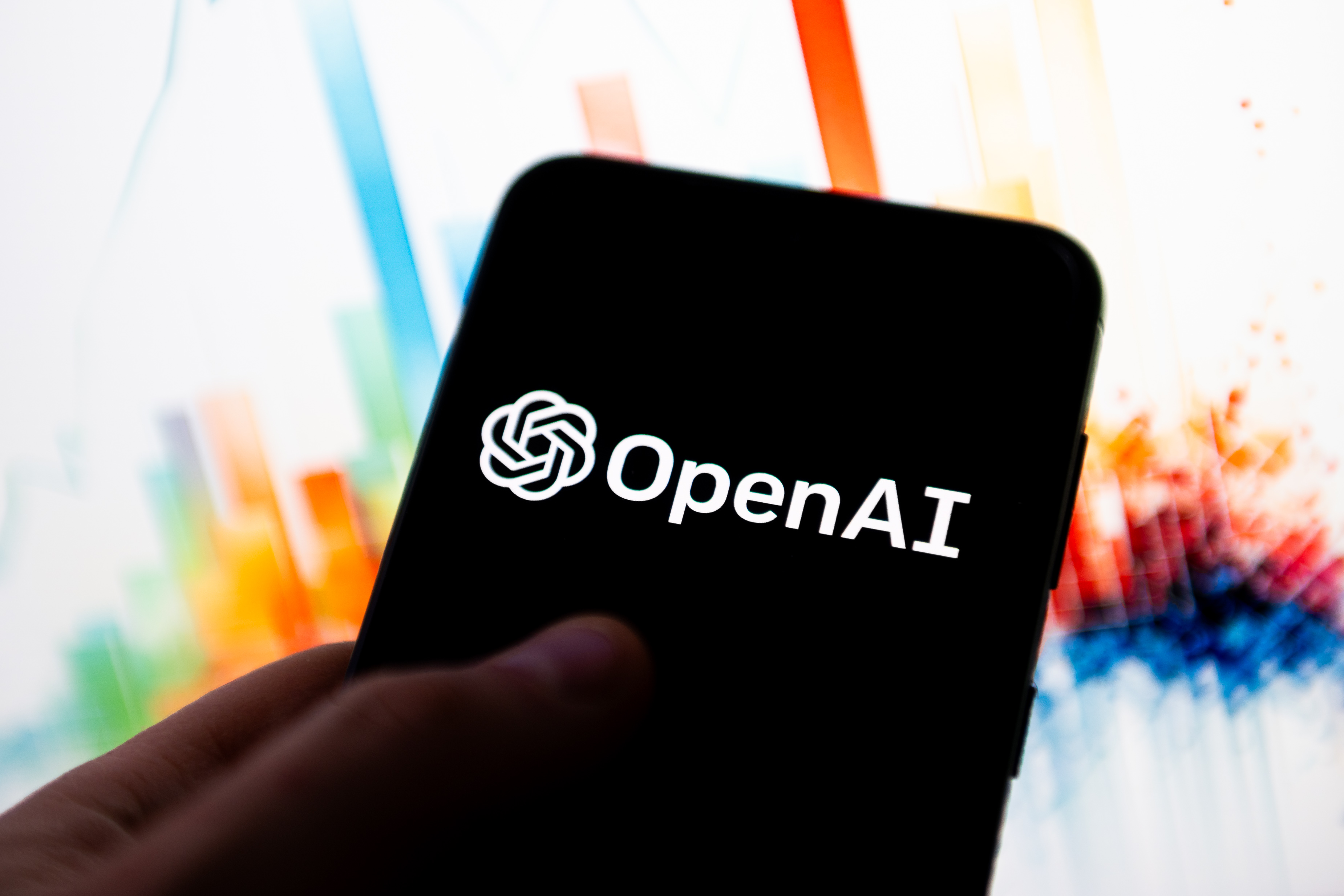
ChatGPT creator OpenAI has quickly become synonymous with the generative AI boom. They've inspired a host of copycat tools, and they’ve garnered an impressive amount of funding.
Though they have several investors, Microsoft’s $10 billion investment in January is the most notable.
Get the ITPro daily newsletter
Sign up today and you will receive a free copy of our Future Focus 2025 report - the leading guidance on AI, cybersecurity and other IT challenges as per 700+ senior executives
They’ve raised about $11.3 billion in total over the course of the year, clearly intent to maintain a lead over their competition. The close relationship between Microsoft and OpenAI has been a source of concern for regulators in recent months, with the ties between the two being equated to a merger.
What’s clear, however, is that Microsoft views OpenAI as an integral part of its ambition to continue leading the generative AI race and differentiate it from competition.
OpenAI tools have been integrated across the length and breadth of Microsoft’s product portfolio, from Copilot support in Windows and Azure to Microsoft 365, OpenAI is woven into the very fabric of the tech giant’s offerings.
Databricks
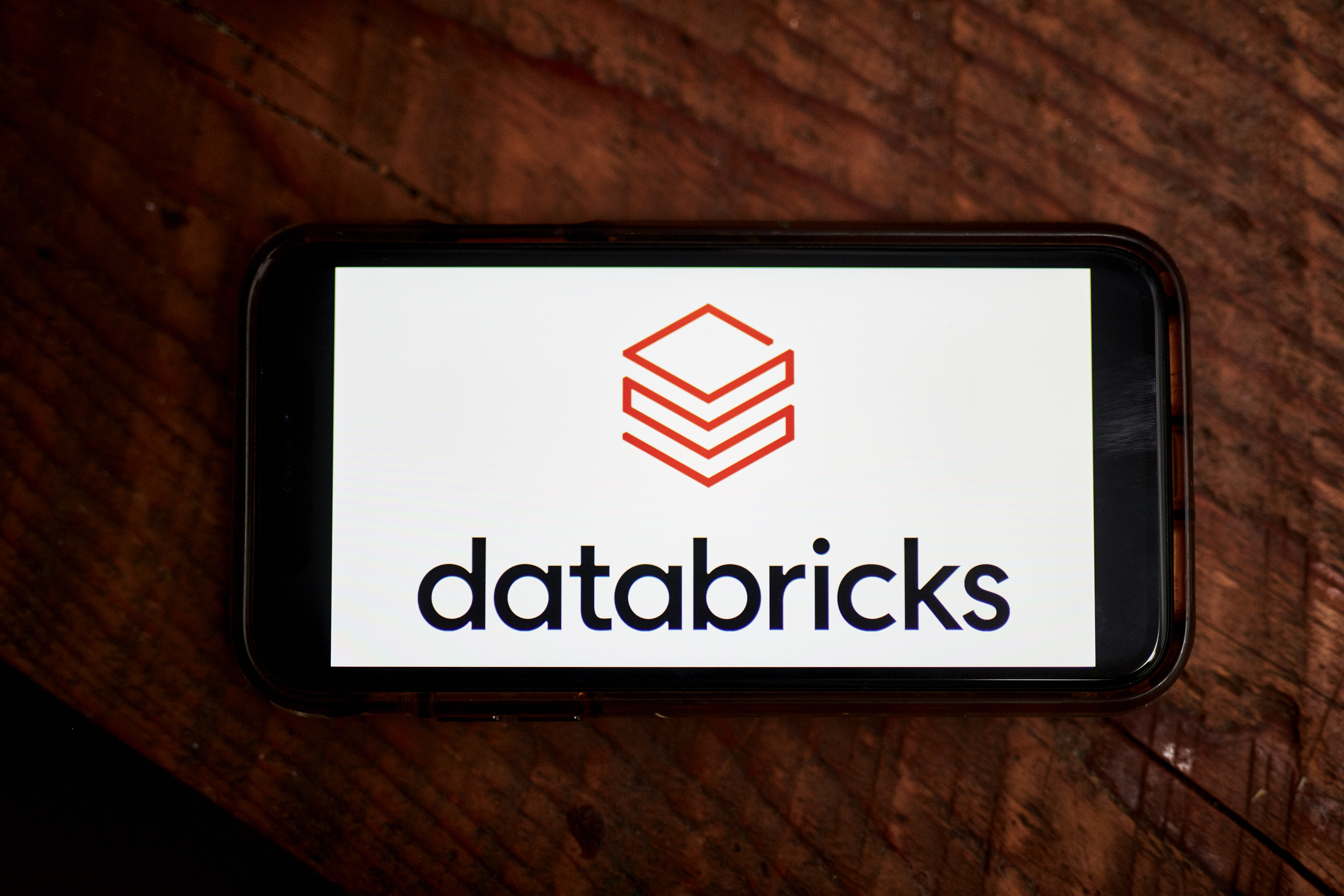
AI-powered data intelligence platform Databricks has been quietly securing a hold in the generative AI market with ambitious plans for a new AI-based data intelligence platform.
RELATED RESOURCE

The enterprise’s guide for Generative AI
Ensure that your business makes the most of the opportunities GenAI offers
DOWNLOAD NOW
The company raised $500 million in September, bringing their current valuation up to a whopping$43 billion.
While Databricks hasn’t quite shared the limelight to the same extent as other industry players, this company is innovating at pace and has even been on an acquisition spree of its own this year.
In October, the firm announced it had acquired enterprise data company Arcion in a deal valued at around $100 million.
Databricks has also been an outspoken critic of counterparts in the space and has addressed concerns that major players in the AI industry appear intent on domination.
In June, a senior company figure told ITPro that OpenAI and other tech giants have “widely overstated” the dangers of AI in a bid to create a stranglehold on the industry.
Mistral AI
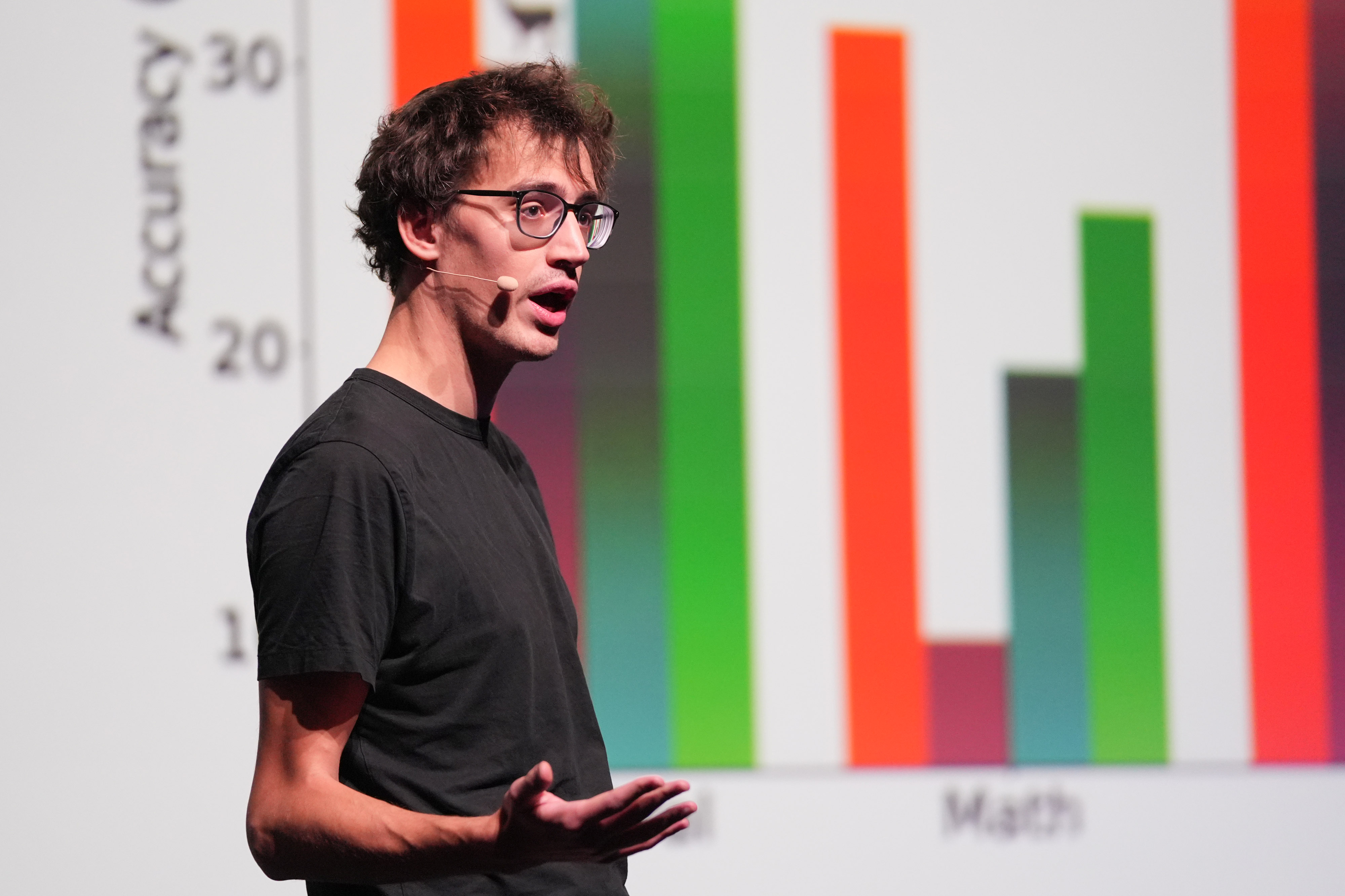
Emerging as Europe’s answer to OpenAI, Mistral recently secured $415 million in a Series A funding round that ended in early December.
This funding round saw the French startup's valuation surge to around $2 billion.
Following this investment, Mistral AI announced a partnership with Google Cloud. Though the deal was not financial, it will likely align Mistral with Google’s AI plans going forward.
Mistral is now one of a number of emerging AI innovators that have secured backing from major industry players, and in the year ahead all eyes will be on the Paris-based firm as it prepares for a battle with US rivals.
Inflection AI
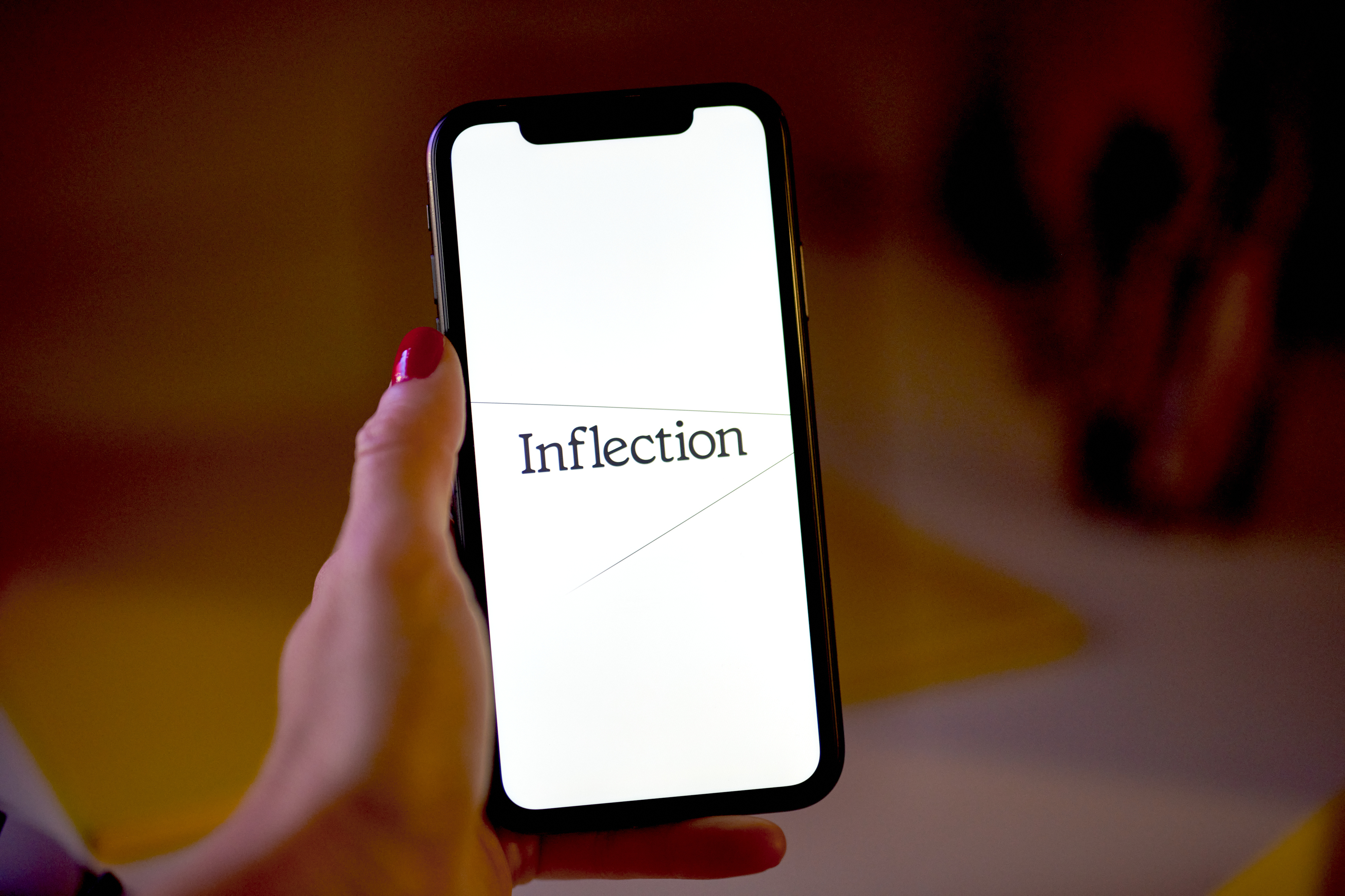
Inflection AI, the firm behind conversational AI chatbot Pi, raised a whopping $1.3 billion in funding in June as part of a funding round that involved major industry players such as Microsoft and Nvidia.
This funding round took Inflection’s valuation to around $4 billion.
Much like Databricks, Inflection has been quietly innovating this year and doesn’t appear to have shared the same hype and hyperbole as industry players like OpenAI. That’s not to say it isn’t making waves, however.
In November, the firm debuted its flagship large language model (LLM), Inflection 2. This powerful model can outperform most industry models, the company said at the time, with the exception of GPT-4.
Anthropic
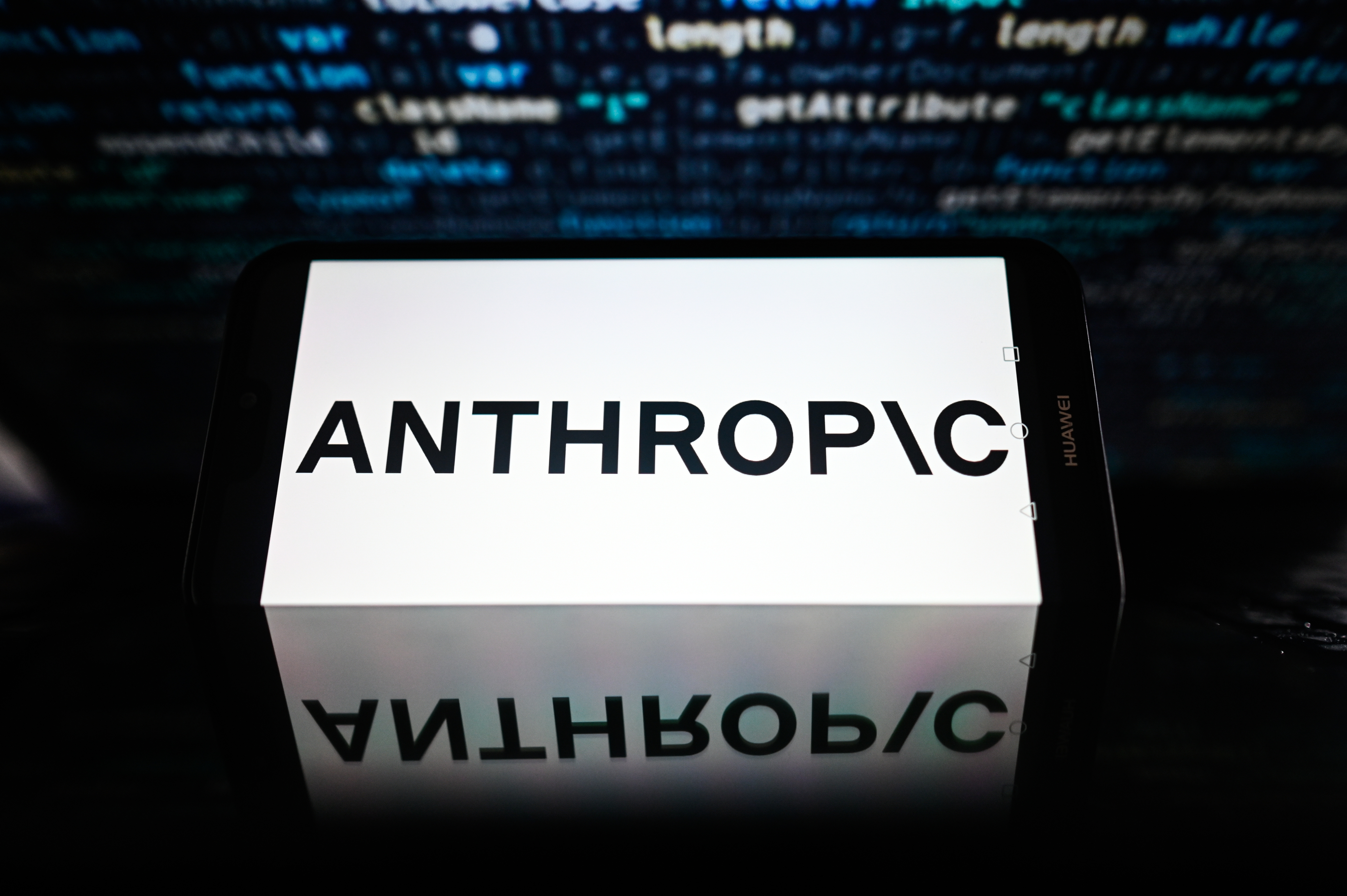
Anthropic has had a stellar year that saw the OpenAI rival raise a combined total of around $6 billion.
In September, AWS announced it would invest $4 billion in the San Francisco-based firm and become its primary cloud provider. Hot on the heels of this backing, Google also pledged its support for Anthropic in a $2 billion deal.
Anthropic, it seems, has found itself in a unique position this year with the backing of two of the three major hyperscalers. AWS and Google appear to view Anthropic as their preferred champion to contend with OpenAI in 2024 and beyond.
Just this week, Anthropic also unveiled plans to raise an additional $750 million in funding as part of a round led by Melo Ventures. Anthropic is certainly one to watch in 2024.

George Fitzmaurice is a former Staff Writer at ITPro and ChannelPro, with a particular interest in AI regulation, data legislation, and market development. After graduating from the University of Oxford with a degree in English Language and Literature, he undertook an internship at the New Statesman before starting at ITPro. Outside of the office, George is both an aspiring musician and an avid reader.
-
 Bigger salaries, more burnout: Is the CISO role in crisis?
Bigger salaries, more burnout: Is the CISO role in crisis?In-depth CISOs are more stressed than ever before – but why is this and what can be done?
By Kate O'Flaherty Published
-
 Cheap cyber crime kits can be bought on the dark web for less than $25
Cheap cyber crime kits can be bought on the dark web for less than $25News Research from NordVPN shows phishing kits are now widely available on the dark web and via messaging apps like Telegram, and are often selling for less than $25.
By Emma Woollacott Published
-
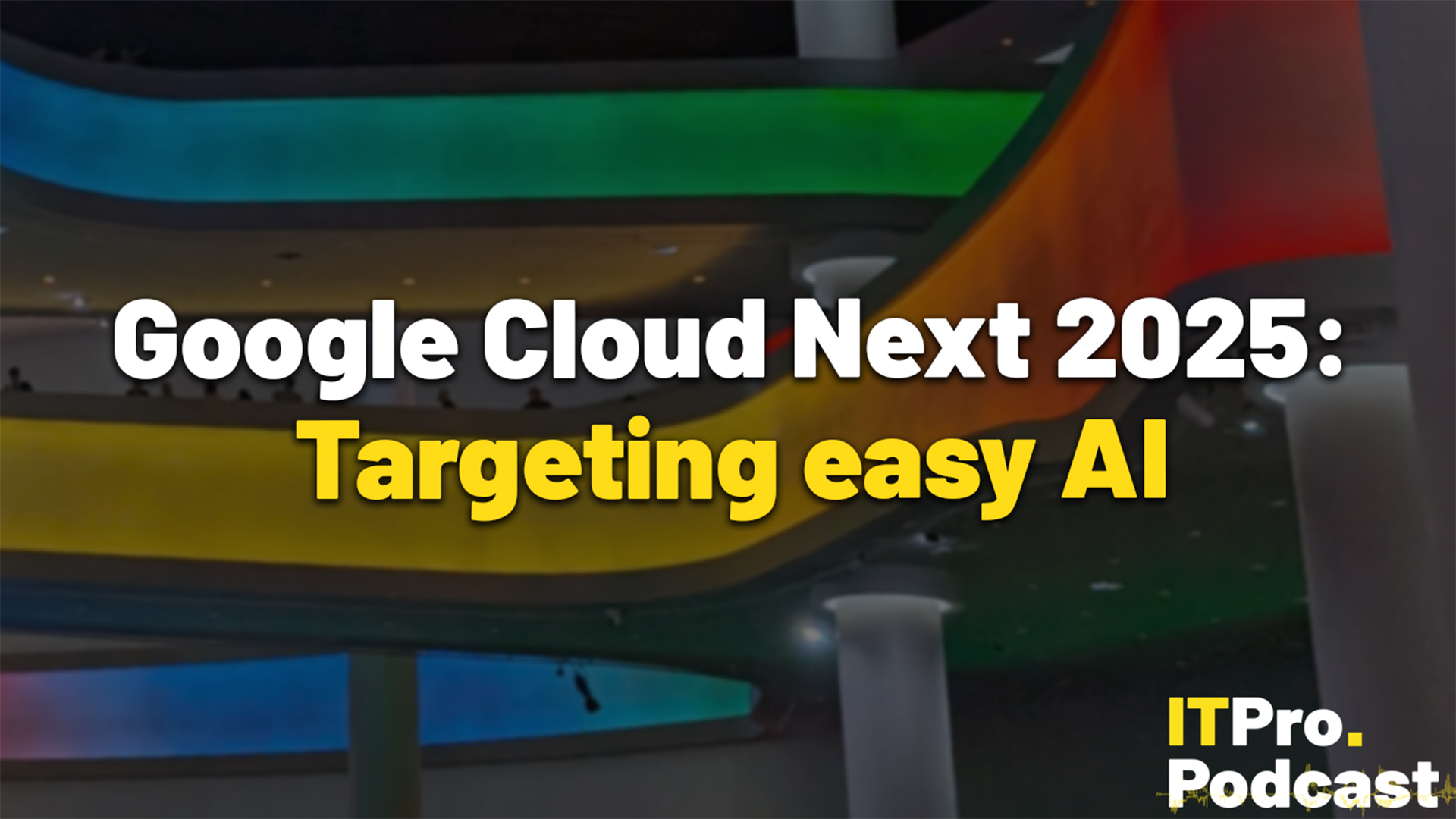 Google Cloud Next 2025: Targeting easy AI
Google Cloud Next 2025: Targeting easy AIITPro Podcast Throughout its annual event, Google Cloud has emphasized the importance of simple AI adoption for enterprises and flexibility across deployment
By Rory Bathgate Published
-
 OpenAI woos UK government amid consultation on AI training and copyright
OpenAI woos UK government amid consultation on AI training and copyrightNews OpenAI is fighting back against the UK government's proposals on how to handle AI training and copyright.
By Emma Woollacott Published
-
 DeepSeek and Anthropic have a long way to go to catch ChatGPT: OpenAI's flagship chatbot is still far and away the most popular AI tool in offices globally
DeepSeek and Anthropic have a long way to go to catch ChatGPT: OpenAI's flagship chatbot is still far and away the most popular AI tool in offices globallyNews ChatGPT remains the most popular AI tool among office workers globally, research shows, despite a rising number of competitor options available to users.
By Ross Kelly Published
-
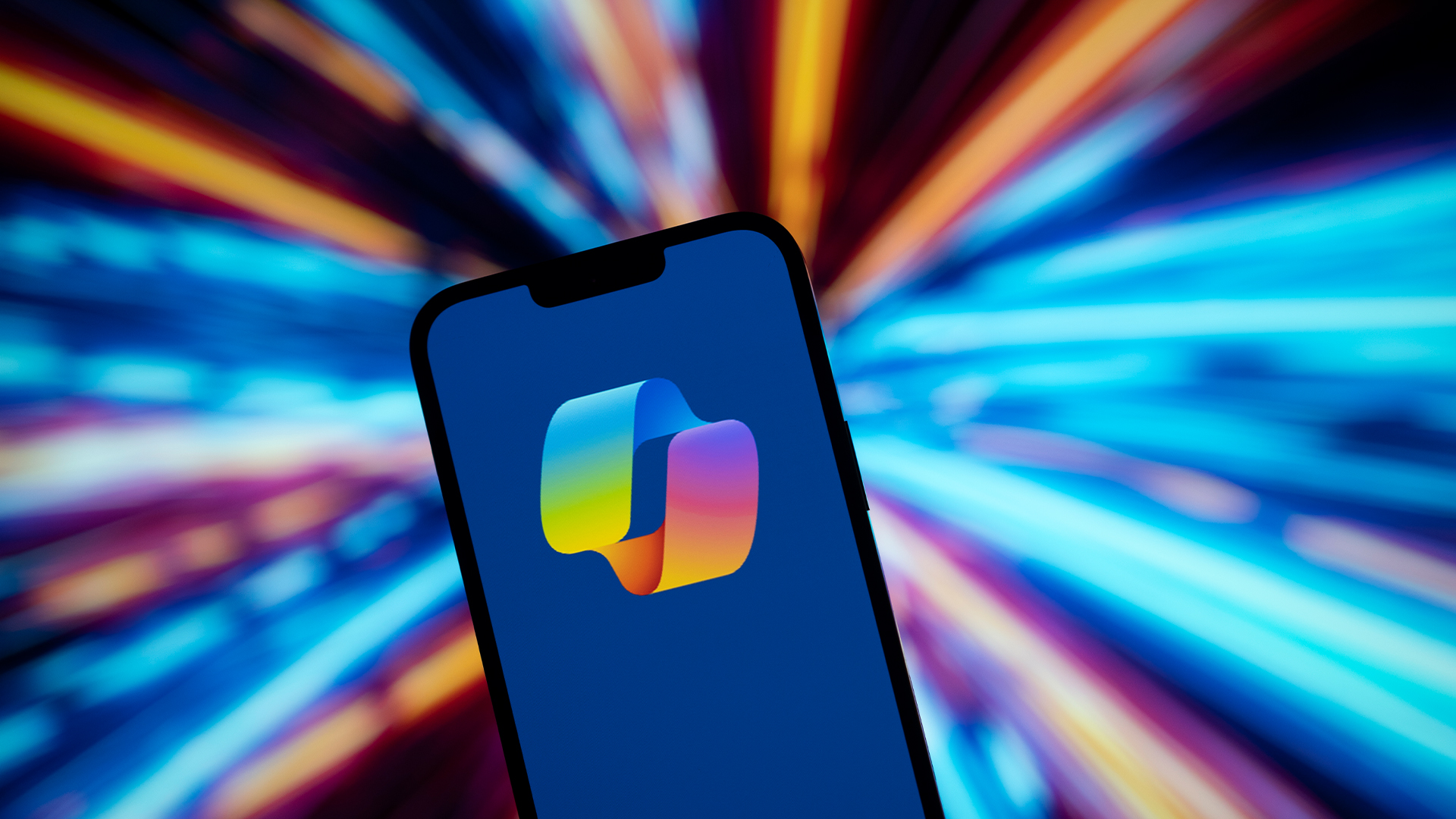 Microsoft launches new security AI agents to help overworked cyber professionals
Microsoft launches new security AI agents to help overworked cyber professionalsNews Microsoft is expanding its Security Copilot service with new AI agents to help overworked IT teams deal with surging security threats.
By Bobby Hellard Published
-
 ‘DIY’ agent platforms are big tech’s latest gambit to drive AI adoption
‘DIY’ agent platforms are big tech’s latest gambit to drive AI adoptionAnalysis The rise of 'DIY' agentic AI development platforms could enable big tech providers to drive AI adoption rates.
By George Fitzmaurice Published
-
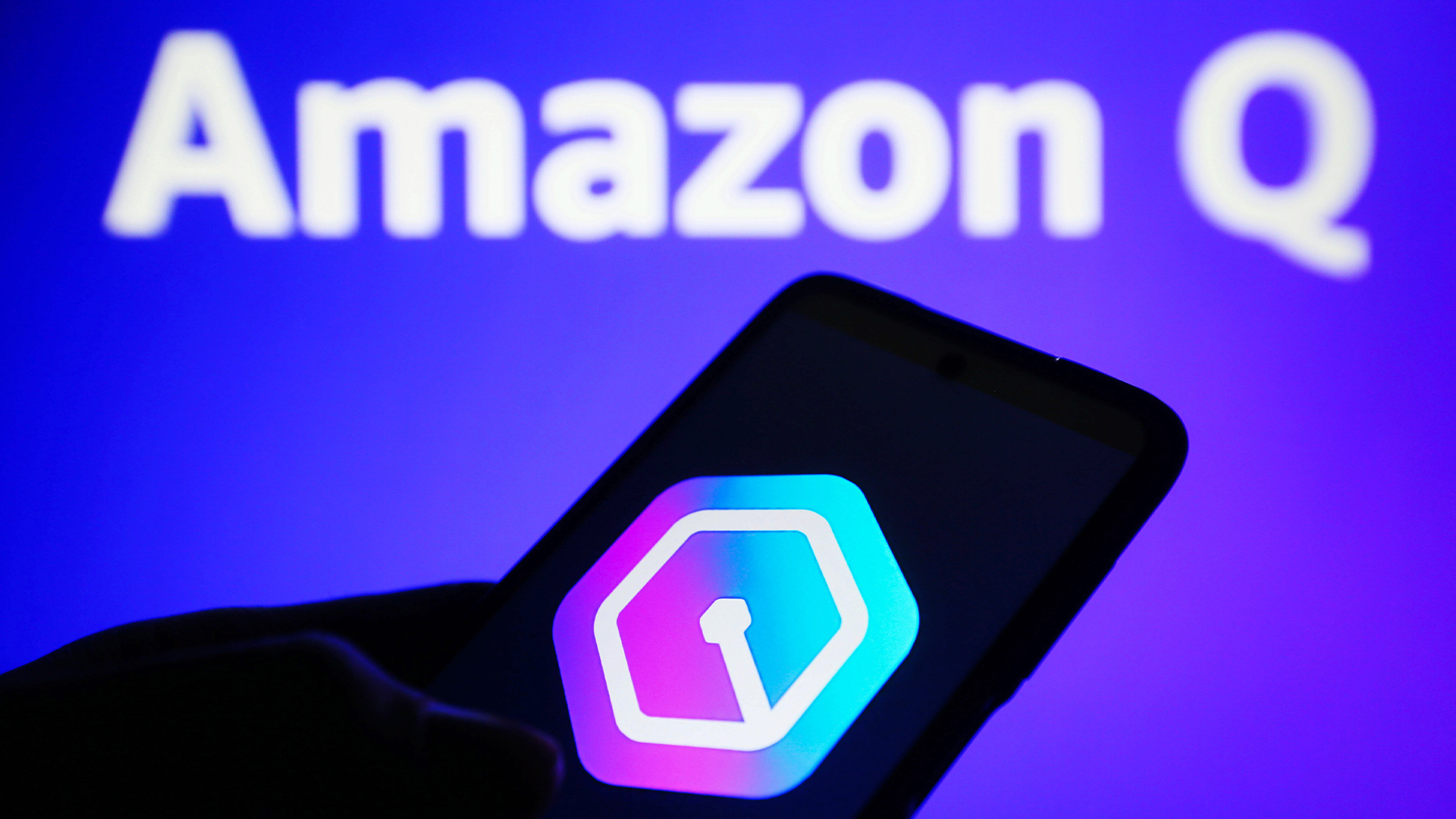 'Customers have been begging us to launch': AWS just rolled out Amazon Q Business in Europe – and it includes new data residency features
'Customers have been begging us to launch': AWS just rolled out Amazon Q Business in Europe – and it includes new data residency featuresNews AWS has announced the availability of its Amazon Q Business platform in Europe in a move sure to please sovereignty-conscious customers.
By George Fitzmaurice Published
-
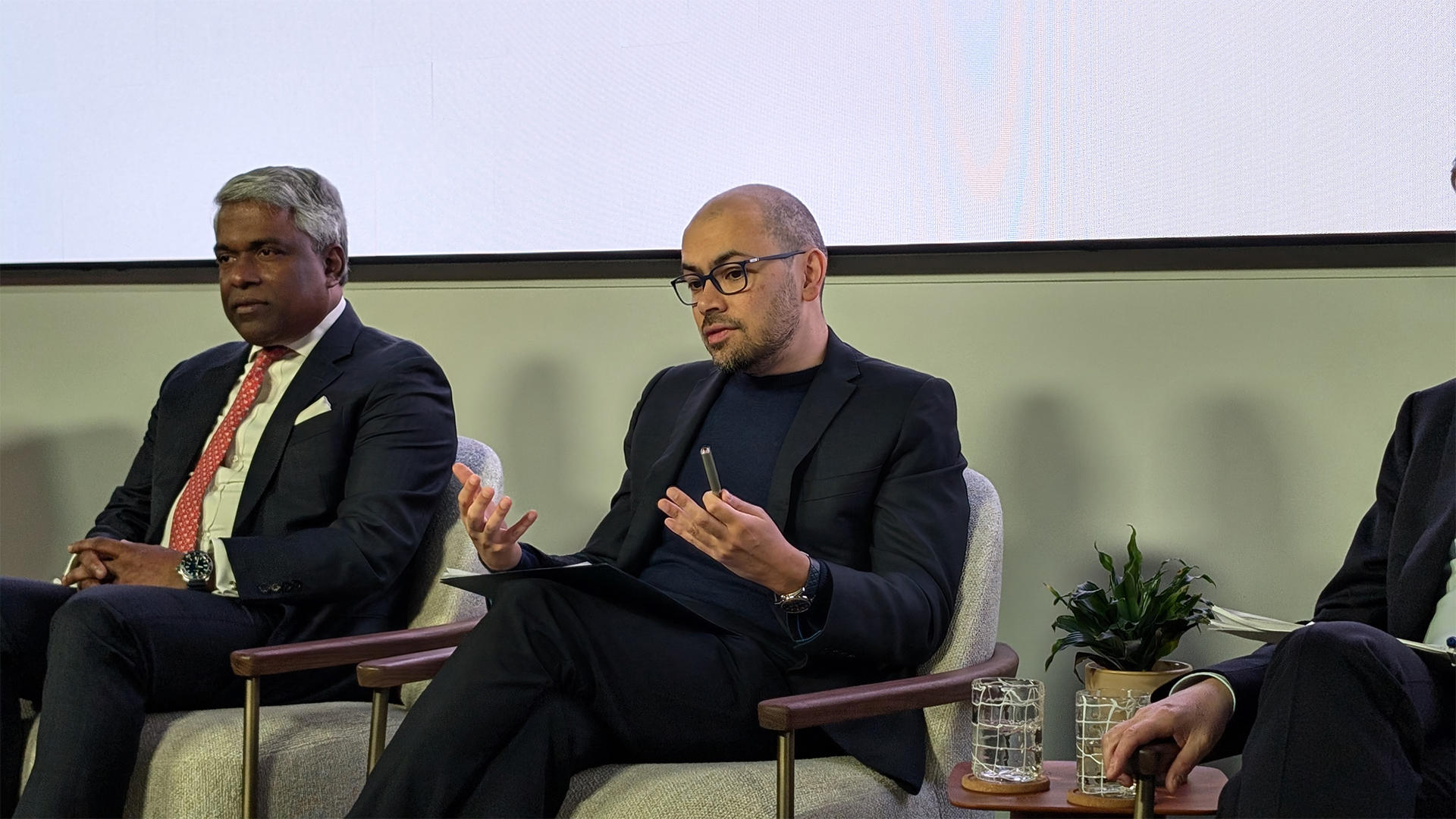 Google DeepMind’s Demis Hassabis says AI isn’t a ‘silver bullet’ – but within five to ten years its benefits will be undeniable
Google DeepMind’s Demis Hassabis says AI isn’t a ‘silver bullet’ – but within five to ten years its benefits will be undeniableNews Demis Hassabis, CEO at Google DeepMind and one of the UK’s most prominent voices on AI, says AI will bring exciting developments in the coming year.
By Rory Bathgate Published
-
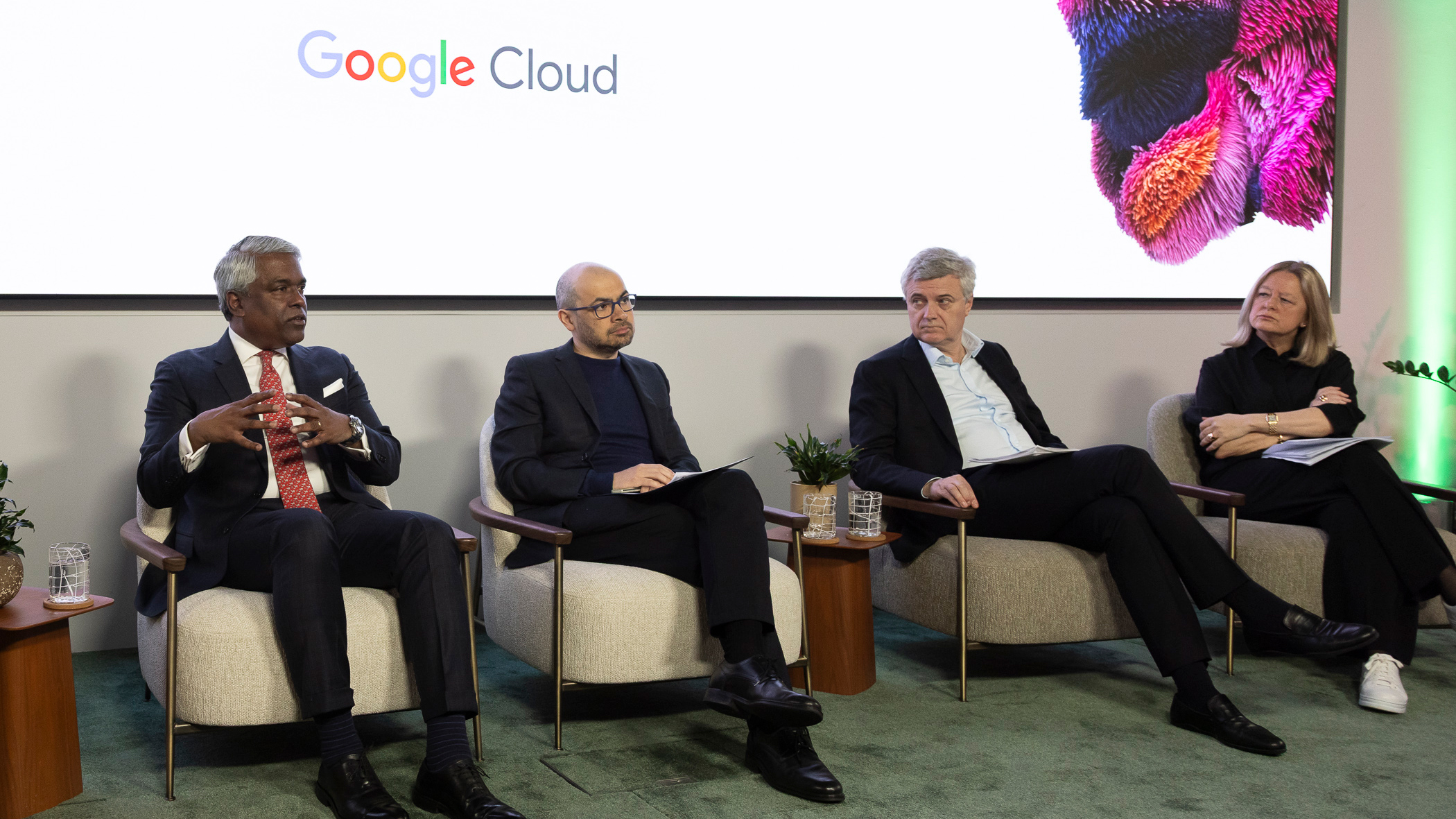 Google Cloud announces UK data residency for agentic AI services
Google Cloud announces UK data residency for agentic AI servicesNews With targeted cloud credits and skills workshops, Google Cloud hopes to underscore its UK infrastructure investment
By Rory Bathgate Published